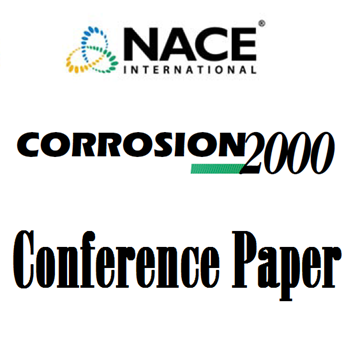Search
98417 TITANIUM AS REACTOR MATERIAL FOR SCWO APPLICATIONS.FIRST EXPERIMENTAL RESULTS
Also Purchased
07183 Corrosion Performance of Titanium Grade 38
Product Number:
51300-07183-SG
ISBN:
07183 2007 CP
Publication Date:
2007
$20.00
00691 EXPERIENCE WITH TITANIUM HEAT EXCHANGERS IN REFINERY SERVICES
Product Number:
51300-00691-SG
ISBN:
00691 2000 CP
Publication Date:
2000
$20.00
00684 TITANIUM - PROVEN PERFORMANCE IN HYDROCARBON PROCESSING
Product Number:
51300-00684-SG
ISBN:
00684 2000 CP
$20.00




